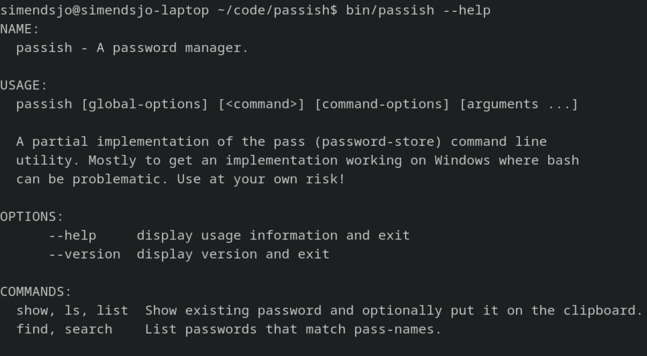きゅーけー · @tojoqk
500 followers · 15312 posts · Server mastodon.tojo.tokyoきゅーけー · @tojoqk
497 followers · 15262 posts · Server mastodon.tojo.tokyo
simendsjo · @simendsjo
13 followers · 6 posts · Server fosstodon.orgI use #passwordstore, but unfortunately, it's a bash script which doesn't work well on #windows. A good excuse to try out #coalton, which is an embedded #haskell like language for #commonlisp! Not exactly production ready quality, but good enough for me.
Coalton is a really nice pragmatic language and gives the "best of both worlds" feeling.
#passwordstore #windows #coalton #haskell #commonlisp
Ramin Honary · @ramin_hal9001
133 followers · 970 posts · Server emacs.ch@rml
I hope this finally turns more developers on to the benefits of static type checking with algebraic data types. There are a few other languages that do this too.
#Haskell
#OCaml
#Fsharp
#Scala
#PureScript
#Shen
#Coalton
#Hackett
#Roc
Roc is the latest entry, and it is fascinating how it can automatically translate pure code into efficient state mutations under the hood. I hope #verse turns out to be as good! https://www.roc-lang.org/
#haskell #ocaml #fsharp #scala #purescript #shen #coalton #hackett #roc #verse
· @coderfrog
11 followers · 16 posts · Server functional.cafeI've been looking into #coalton as a new language to learn, the way it interfaces with common #lisp seems rad.
Trying it out, I'm having some issues fitting it into my workflow. Normally in #emacs I use "eval-last-sexp" to define and call functions. Everything in coalton either has to be within "coalton-toplevel" or a "coalton" wrapper, just evaluating raw expressions gives an error.
Any ideas about how I can run Coalton code as easily as I can with regular Lisp? Maybe there's a hook I can use to automatically wrap expressions before they're sent to the REPL...
